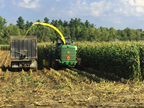
January 31, 2019, 12:30-1:15 pm
Webinar: 2018 Corn Silage Hybrid Test Results
New York and VT data includes NNY trial sites
Presenter: Joe Lawrence, Cornell CALS PRO-DAIRY Dairy Forage Systems Specialist will present the results of the 2018 corn silage hybrid evaluation trials that included 77 hybrids from 17 companies evaluated at locations in NY and Vermont, including farms in NNY. Click here for more information
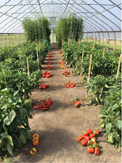
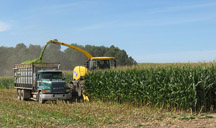 October 30, 2018
October 30, 2018
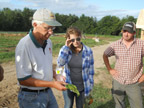 Vegetable research trials and field days in Northern New York have been hosted by farmers across the six-county NNY region and at the Cornell Willsboro Research Farm in Willsboro, N.Y.
Vegetable research trials and field days in Northern New York have been hosted by farmers across the six-county NNY region and at the Cornell Willsboro Research Farm in Willsboro, N.Y.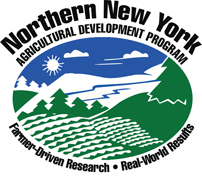
 10/30/18 At the end of this article: see responses to two inquiries from readers about this research.
10/30/18 At the end of this article: see responses to two inquiries from readers about this research.
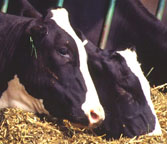 With grants from the Northern New York Agricultural Development Program and other funders, Ketterings and her team have developed feasible mass balance ranges for New York dairy operations, based on actual balances from commercial dairy farms in New York. Farms operating outside the optimal operational zone most likely have opportunities to improve their nutrient use efficiency.
With grants from the Northern New York Agricultural Development Program and other funders, Ketterings and her team have developed feasible mass balance ranges for New York dairy operations, based on actual balances from commercial dairy farms in New York. Farms operating outside the optimal operational zone most likely have opportunities to improve their nutrient use efficiency.